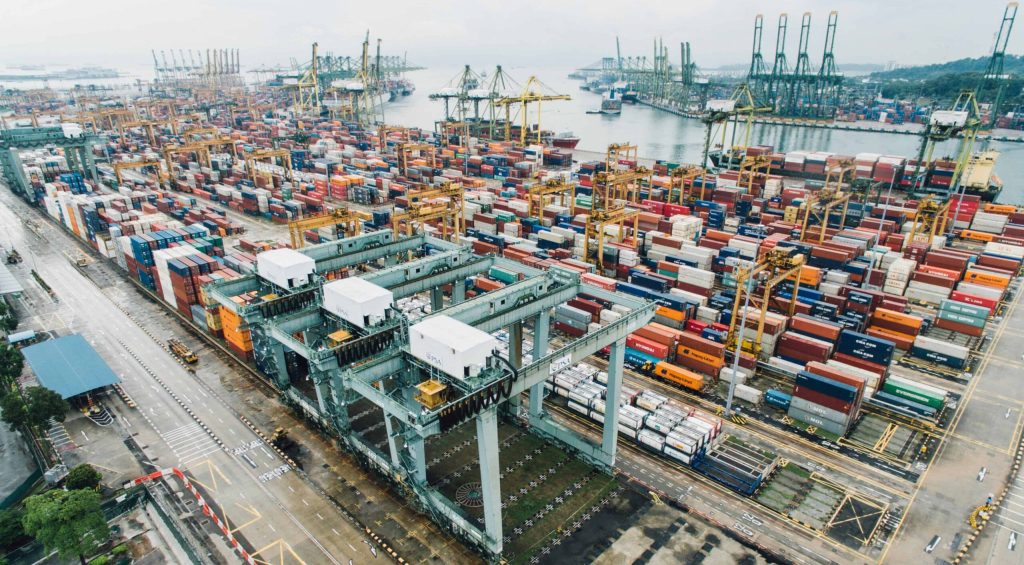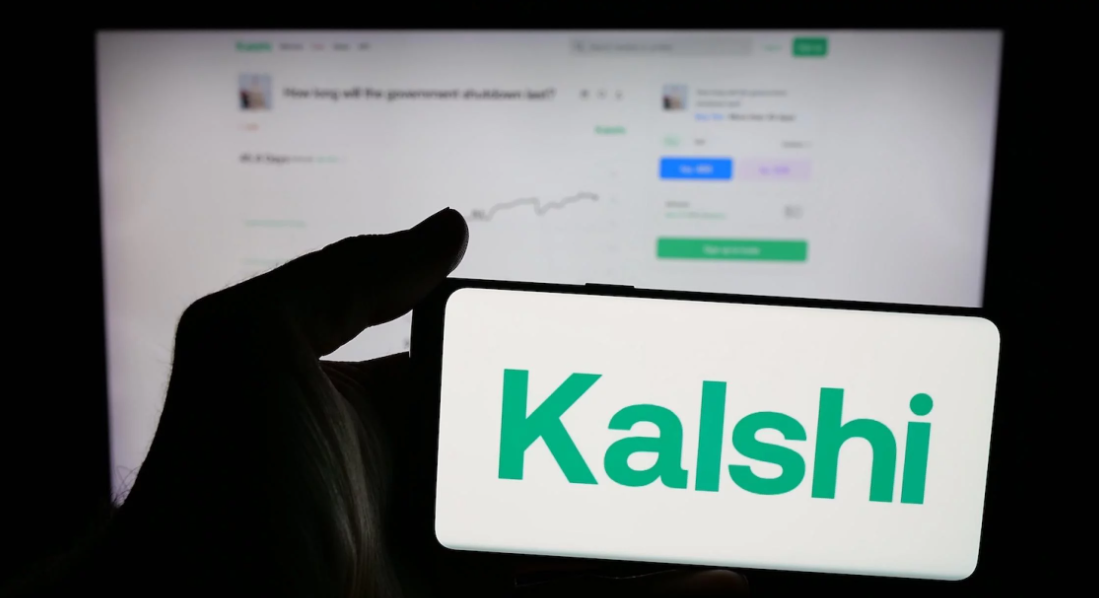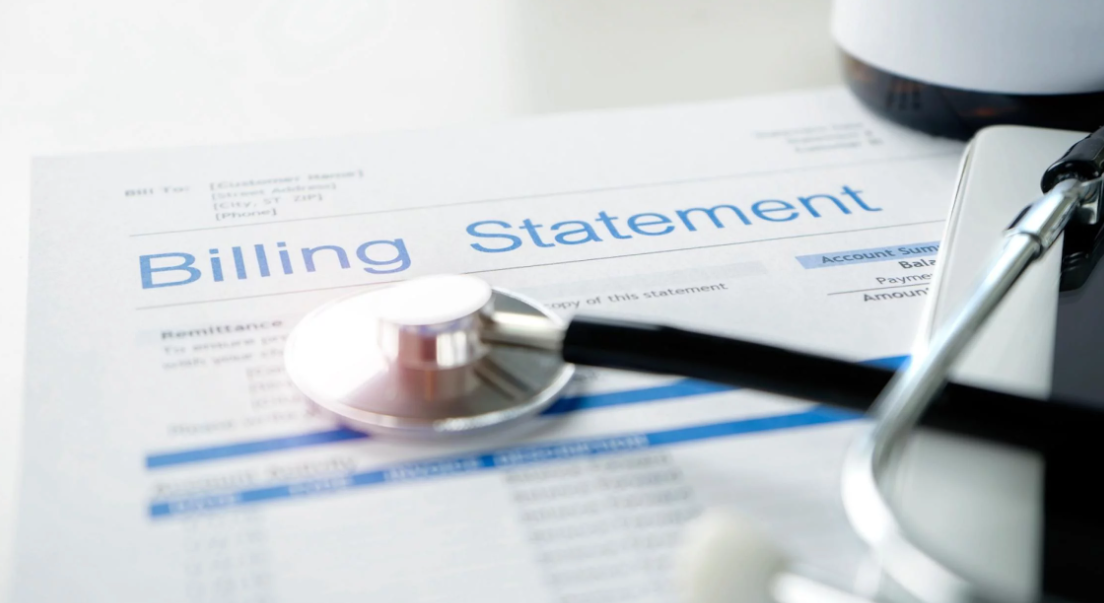Russia’s invasion of Ukraine and the war that has ensued – already entering its third year – have encouraged research and policy proposals on the imposition of economic sanctions on sectors, individuals, and legal entities. This column reviews the initial results of European sanctions and proposes amendments to make them more effective.
As we enter into the third year since Russia’s most-recent invasion of Ukraine, policymakers are asking themselves whether EU economic sanctions against Russia, Russian individuals, and entities have been effective (Cecchetti and Berner 2022, Djankov and Golovchenko 2024, Lastauskas et al. 2023, Nigmatulina 2022). Answers to these questions are not easy to come by – the European sanctions policy has evolved after the huge challenge that the war has presented. It is clear, however, that some EU politicians have attempted to sit on two chairs: trying to increase pressure on Russia while at the same time buying energy from Russia, allowing Russian artists to tour across Europe, and withholding sanctions on Russian oligarchs operating in industries that Europe depends on, such as energy and chemicals.
It is instructive to recognise the successes of European sanctions – as well as to point to huge gaps in sanctions policy. To do so, I first document the sanctions undertaken in 2024. The EU adopted three packages of sanctions: in February, June, and December 2024. In total, 229 people, 165 corporate entities, and 79 tankers of the ‘shadow’ Russian fleet received restrictions. Several other punitive measures were also introduced: the blocking of SWIFT for Russian financial institutions; restrictions on financing of EU non-governmental organisations by Russia; a “not for Russia” clause in export supply contracts; sanctions against Russian propaganda entities, including suspending the broadcasting of RIA Novosti. These European sanctions have withstood court scrutiny (CJEU 2024), after significant legal challenges by individuals and entities.
Alas, these sanctions have come up short. As Russia’s war in Ukraine enters its third year, the economy of the Russian Federation continues to churn, albeit increasingly as a state-run machine (Figure 1), and there is plentiful evidence that Russia is directly interfering in elections across the EU. More needs to be done to stop the Russian aggression and make sanctions a better tool in the field of foreign policy.
Figure 1 Quarterly dynamics of Russia’s real GDP (year-over-year)


Source: KSE Institute
I start by listing five gaps in existing EU sanctions.
1. Liquefied natural gas (LNG): Increasing supplies from the Russian Federation
Europe has banned Russian gas coming through pipelines – a big achievement. Yet imports of Russian LNG reached a record 16.5 million tons in 2024, worth €7.3 billion (Figure 2). The share of Russian LNG in European maritime gas supplies has increased to 20%. An obvious next step is to ban the import (not trans-shipment) of Russian LNG.
Figure 2 Biggest importers of Russian LNG


Source: CREA
2. European components and intermediate products are still employed in the Russian military-industrial complex
The Russian military industry continues to use equipment from Europe. Several examples illustrate this omission in the sanctions policy. First, PJSC ODK – Ufa Motor-Building Production Association prepares components for military aviation using machines from Germany (manufacturer KNUTH Werkzeugmaschinen, manufactured by Trumpf, manufacturer Walter Maschinenbau, manufactured by Hermle). Second, JSC V.V. Bahriev State Research Institute produces warheads for cruise and ballistic missiles employing machines from the Czech Republic (manufacturer TAJMAC-ZPS) and Slovakia (manufacturer TRENS SK). Third, JSC Central Scientific Research Institute of Automation and Hydraulics produces Iskander-M, X-101 missiles using machines from Switzerland (manufacturer Agie Charmilles (GF Machining Solutions), the second case, the third case).
All these deliveries are ongoing, despite diplomatic efforts by Ukraine and by the EU sanctions special envoy.
3. Metals: Why not Ukraine?
Russia still exports metals to the EU worth billions of euros. In particular, the NLMK group supplies semi-finished products for metallurgy, at the same time providing the Russian military-industrial complex with electrical steel. Europe could replace these supplies with Ukrainian metals, but complicated logistics – due to the war – and lobbying by EU companies allow Russia to remain a major exporter.
4. Russian oligarchs work for the Russian military industry, and continue to get rich without fear of EU reprisals
The Eurochem company, founded by oligarch Andriy Melnychenko, supplies chemicals to Sverdlov. The Sverdlov plant in Dzerzhinsk is the main producer of HMX and RDX explosives, which are used in Russian artillery and rockets. Dmytro Mazepin’s company Uralchem provided 27,000 tons of ammonium nitrate and 6,000 tons of nitric acid in 2024 alone. These materials are used to create explosives such as Amatol. SUMZ (Mid-Ural Copper Smelter), associated with Iskander Makhmudov, supplies oleum to powder factories in Tambov, Kazan, and Perm.
It has turned out to be straightforward to bypass EU restrictions by simply reducing the ownership share in such corporate entities to less than 50%; current EU sanctions policy is directed only towards majority shareholders.
5. Buyers of EU corporate assets in Russia at heavily discounted prices
While EU companies have sold their Russian assets at heavy discounts under threat of sanctions, Russian oligarchs have profited enormously from such transactions (Djankov and Golovchenko 2025). For example, in banking Vladimir Potanin purchased Societe Generale’s subsidiary Rosbank. As another example, Victor Kharitonin’s Pharmstandard bought Henkel’s Russian cosmetics and household chemicals business when the German company left Russia. Neither oligarch is currently under EU individual sanctions.
The EU can improve the effectiveness of sanctions by undertaking four additional steps.
- Create a single sanctions body in the EU – the analogue of OFAC in the US. Its creation will ensure centralized monitoring and control of sanctions policy at the EU level.
- Carry out regular updates to the sanctions list, by focusing on the five areas listed above. This focus will make it possible to react quickly to changing circumstances and in particular to the circumventors of previously imposed sanctions.
- Use international law to its fullest – for example, in punitive measures against Russia’s shadow fleet.
- Switch the baseline from restrictions to a full economic embargo. Sanctions circumvention has become such a prevalent phenomenon that is difficult to eliminate it by working piecemeal.
With these steps, sanctions would stop being simply a demonstration tool to put pressure on Russia’s imperialist foreign policy, which will not change as long as President Putin is in the Kremlin. On the contrary, Russia turns everything into a weapon – from tankers that destroy vital communications to political leaders who suggest that it is in Ukraine’s best interest to cede territory in exchange for peace.
The EU’s economy is ten times larger than Russia’s and it has withstood continuous bullying efforts by Russia in the past three years. It is time for European politicians to stop sitting on two chairs and take more resolute sanctions steps.
Source : VOXeu







































































